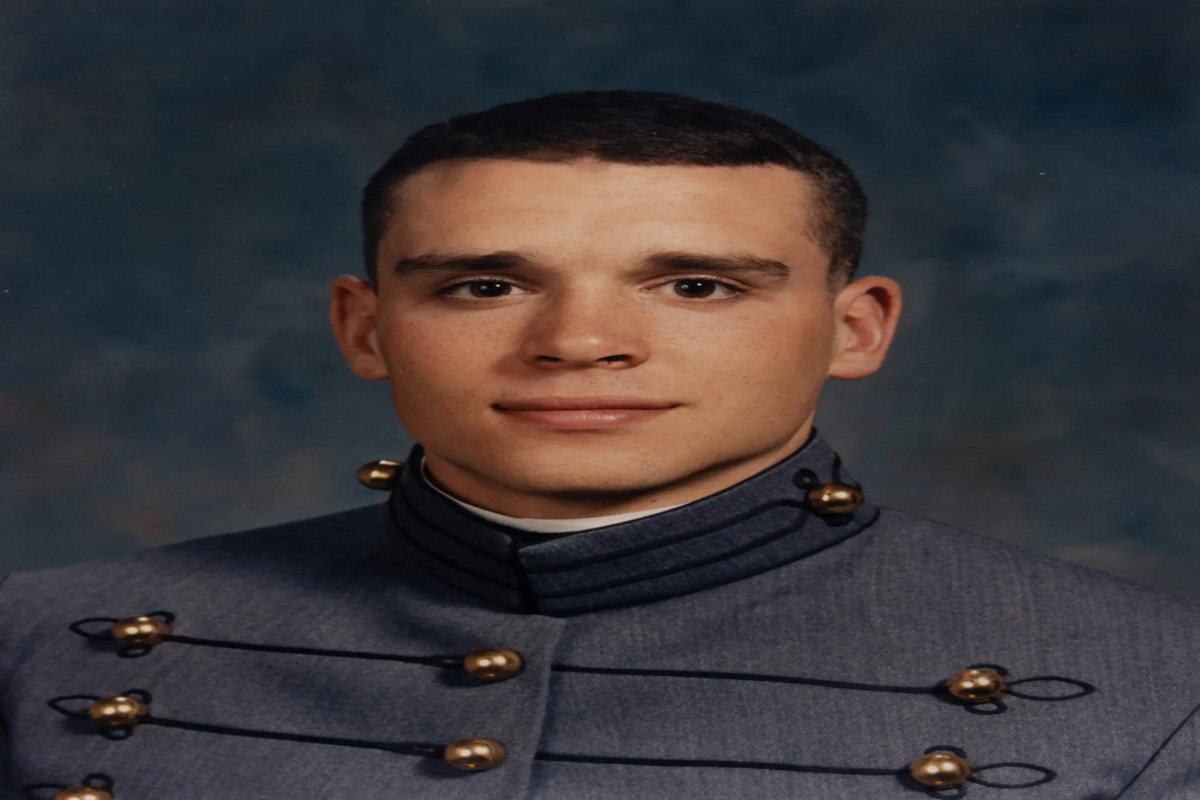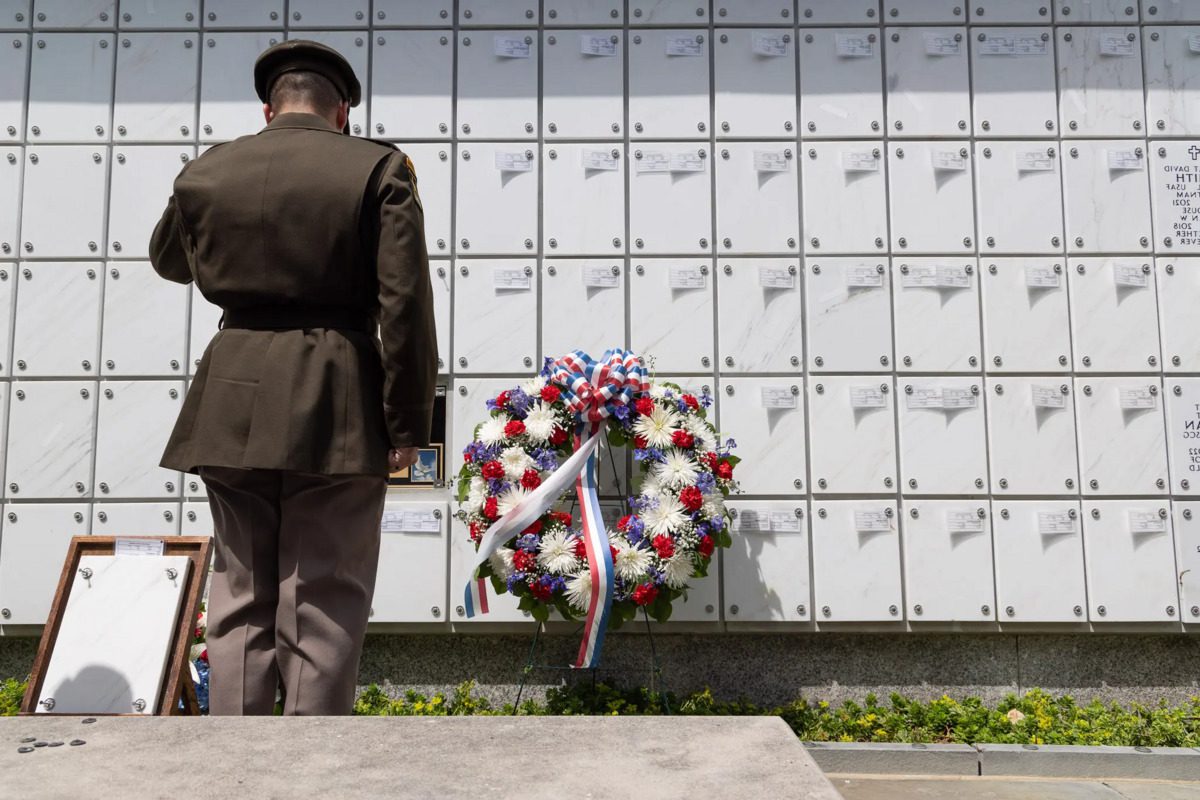Honoring Heroic Reporter Ian Fishback: After a touching ceremony at Arlington National Cemetery, heroic reporter Ian Fishback was buried on a lovely morning. The Pentagon watched. The significant occurrence occurred about two years after Mr. Fishback, 42, died of a heart attack while receiving mental health therapy.
Friends, family, veterans, and former students say goodbye to a person who shaped modern war morality. Ian Fishback, a Special Forces soldier and officer, became famous for criticizing military prisoner treatment. He also struggled to wait for VA assistance. Soldier health issues must be addressed.
Fishback’s trip was fantastic. Post-service, he became a psychologist. He had a lasting impact. He defended war victims. Reverend Joanna Forbes, the Army’s chief chaplain, spoke brilliantly about how Fishback’s ideals as a West Point graduate and military commander motivated him to fight for justice even for his enemies.
“Ian fought for his country and fellow soldiers with honor, integrity, and courage,” Major Forbes said. “And because he shared the same values, he stood up for people who were only seen as enemies, but he knew they had the right to fair treatment and respect.”


READ MORE: Battle COVID Eris: Your Comprehensive Guide to the Variant Making Waves
He chose. Captain Fishback complained to the 82nd Airborne Division in 2004 about prisoner treatment. His fight against an increasingly brutal society began here. He chose morality over money. He called the organization’s systemic failure torture. His morality exposed a top-level government cover-up.
Fishback’s strong judgment proved Abu Ghraib wasn’t a one-time event. He startled Congress, which led to the 2005 Detainee Treatment Act.
Ian Fishback’s honesty touched many. After being abused, he contacted Senator John McCain for Human Rights Watch. He didn’t care about himself. Time named Captain Fishback one of the 100 most significant people in 2006 for his bravery.
Stubbornness cost him. Though well-liked, his service was dreadful, and his loneliness after blowing the whistle left lasting wounds. Professorship allowed him to teach and study. He struggled. He died from a mental illness. The military care system was poor.
As the nation commemorates Ian Fishback, his family, and friends implore the institutions he changed to take responsibility and change. His father buried him at Arlington National Cemetery, demonstrating his importance and treatment issues.
Ian Fishback’s tenacity and faith are inspiring in a world where it’s impossible to determine right from wrong.
Also Read: Former Packers Join Chicago Bears: Shaking Up the Rivalry on the Field
Our Reader’s Queries
What happened to Ian Fishback?
Special Forces veteran and whistleblower, Ian Fishback, was buried at Arlington National Cemetery. Fishback, who passed away almost two years ago, was known for exposing abuses of prisoners in Iraq during his time with the 82nd Airborne Division. His actions sparked significant U.S. anti-torture legislation, cementing his place as a courageous philosopher and advocate for justice.

